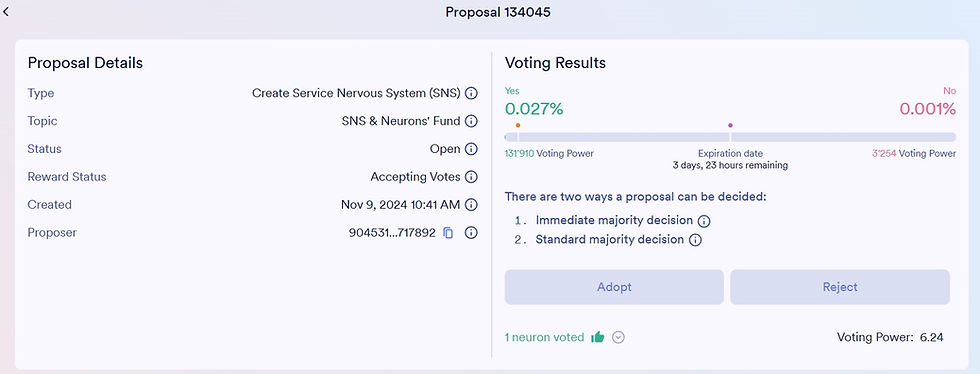Is Homemarket Falling Short? Exploring the Shortcomings in the Retail Chain
- EKOKE
- Jul 1, 2024
- 2 min read

Challenges in the Home Market
The home market, despite its significance, grapples with several shortcomings that impact both buyers and sellers. Let’s delve into these issues:
1. High Cost
Home prices have surged in recent years, making it increasingly difficult for many people to enter the housing market. Factors such as land scarcity, construction costs, and demand-supply dynamics contribute to the high cost of homes. As a result, affordability becomes a major concern, especially for first-time buyers.
2. Low Liquidity
Unlike financial markets, where assets can be easily bought or sold, the real estate market lacks liquidity. Homes are illiquid assets, meaning they cannot be quickly converted into cash without significant time and effort. This lack of liquidity affects both buyers and sellers, as it limits flexibility and poses challenges during financial emergencies.
3. Localization
Real estate markets are highly localized. Each neighborhood, city, or region has its unique dynamics, affecting property values, demand, and supply. Buyers and investors must navigate these nuances, which can be daunting for those unfamiliar with a specific area. Moreover, localized regulations and taxes further complicate the process.
4. Unreliability
The home market is susceptible to fluctuations influenced by economic conditions, interest rates, and geopolitical events. These uncertainties make it challenging for buyers and sellers to predict future trends accurately. Additionally, unreliable property information and hidden defects can lead to unpleasant surprises for buyers.
5. Low Returns
Historically, residential real estate has provided modest returns compared to other investment options. While homes offer stability and a place to live, they may not yield substantial financial gains over short periods. Investors seeking higher returns often explore alternative assets like stocks, bonds, or commercial properties.
In conclusion, addressing these shortcomings requires a multifaceted approach involving policy changes, technological innovations, and informed decision-making. By understanding the challenges, stakeholders can work toward a more efficient and equitable home market. 🏡💡




Comments